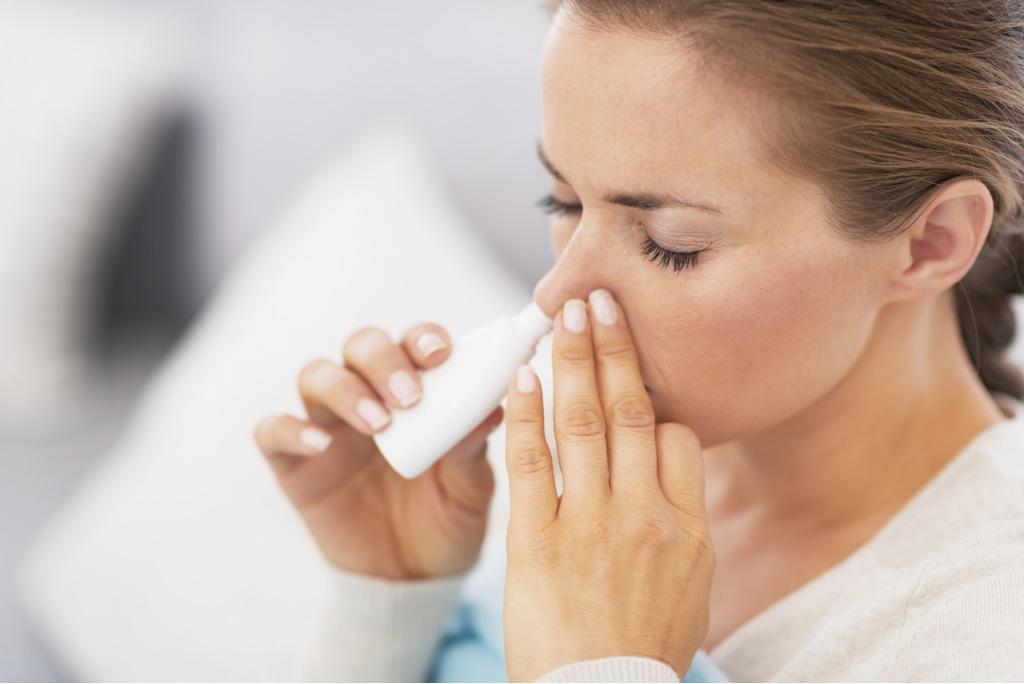What are Allergies?
An allergy is an exaggerated immune system response to a substance that is otherwise harmless. When a person has an allergy, the immune system identifies a substance as an invader and releases antibodies called immunoglobulin E (IgE). The next time that person is exposed to the same substance, the immune system is primed to release chemicals like histamine that trigger symptoms of an allergic reaction. Common allergy triggers include pollen, dust mites, mold, animal dander, insect stings, certain foods and medications.
Symptoms of Allergies
Allergy Treatment symptoms can vary depending on what part of the body is affected but common symptoms include sneezing, runny nose, itchy eyes, eczema, hives, asthma symptoms like coughing and wheezing. Some of the most common types of allergies and their symptoms include:
- Seasonal allergies (hay fever): Runny nose, sneezing, itchy eyes. Caused by pollen from trees, grasses or weeds.
- Dust mite allergy: Sneezing, runny nose, itchy eyes. Triggered by microscopic dust mites that live indoors.
- Pet allergy: Runny nose, sneezing, asthma, eczema. Caused by proteins in pet dander, saliva or urine.
- Food allergy: Hives, eczema, swelling of the lips/tongue, vomiting, diarrhea, potentially life-threatening anaphylaxis.
- Medication allergy: Rash, hives, difficulty breathing, low blood pressure, potentially life-threatening anaphylaxis.
Diagnosing Allergies
If symptoms indicate an allergy may be the cause, an allergist can test for allergies. Common tests include skin testing, blood testing, monitored food challenges.
- Skin testing: Common allergens are pricked or rubbed on the skin to check for a reaction.
- Blood testing: Detects IgE antibodies specific to allergens in a blood sample.
- Food challenge: Eating small, monitored doses of a suspected food under medical supervision.
Together with a medical history and examining symptoms, these tests help doctors determine the specific allergies causing a patient's problems.
Allergy Treatment Options
There is no cure for allergies but several options can help manage symptoms:
- Allergen avoidance: Removing or limiting exposure to confirmed allergy triggers.
- Medications: Antihistamines combat histamine response; decongestants relieve nasal congestion; nasal steroids reduce inflammation; rescue inhalers provide quick symptom relief for asthma attacks; epinephrine injectors treat severe allergic reactions.
- Allergy shots (immunotherapy): Tiny doses of allergen are given by injection over time to gradually desensitize the immune system.
- Allergen-specific immunotherapies: Sublingual drops or tablets contain specific allergens to reduce sensitivity when taken daily.
- Allergen barrier products: Covers and cases block dust mites and pet dander; air purifiers trap particles, pollens and molds.
- Individualized treatment plans combine these options as needed based on a person's specific allergies and severity of symptoms. With ongoing care from an allergist, allergy sufferers can achieve effective symptom relief and improved quality of life.
This covers a high-level overview of allergies including causes, common symptoms, diagnosis and various treatment options available to provide relief from annoying and sometimes life-threatening reactions. With the right plan in place, patients can better control allergy symptoms and prevent serious health issues. Let me know if any part of this article needs modification or expansion to increase its value as a technical newsletter piece.
Get More Insights On This Topic: Allergy Treatment
Explore More Related Topic: Phishing Simulator Market
